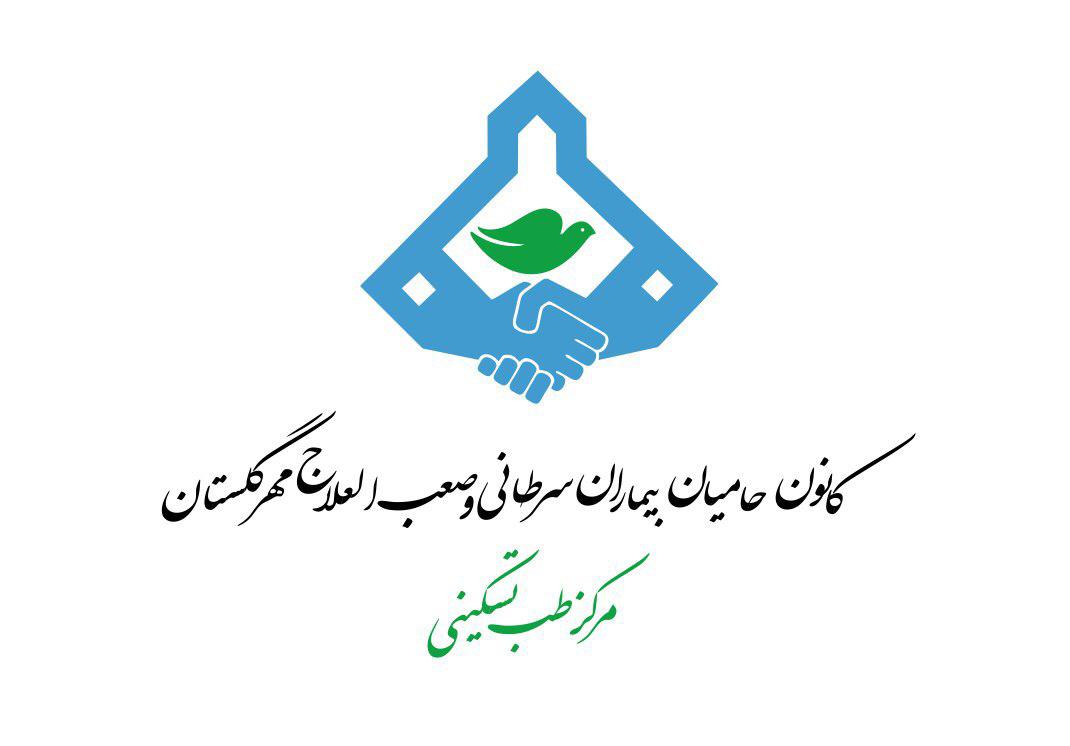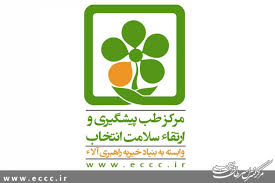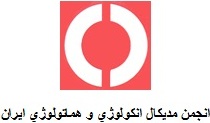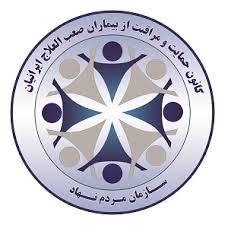The palliative care which is a new field in cancer management in the whole world had not been known for Iranian doctors and patients before two years ago. Cancer patients were treated as in the latest versions of internal medicine textbooks and with the most advanced technological facilities but their extended social, psychological and emotional needs were overlooked or neglected. So, the patients and their families were not satisfied though they received full medical coverage without palliative care from oncologists.
Since about three years ago ( May 2009) the advanced palliative care center in Iran, Isfahan was established by Dr Abdolrahim Hazini, Hematologist, oncologist and Palliativist from Italy who brought the knowledge and art of palliative care to the country he had been born in. Background for introducing palliative care to specialists and governors was prepared by Dr. Hazini through a very though process which was completed with patience and endless effort.
Considering palliative care purposes from WHO point of view, pursuing this knowledge in Iran was not that easy. Specialists, managers and academic professors could not accept palliative care multidisciplinary approach because they had managed their patients on their own and not on the team base. On the other hand, patients and their family were not familiar with incorporating charity organizations and chaplain in treatment process and since they had not enough knowledge about cancer and its catastrophic effects on one`s life, religion, emotions and family, they were redundant to accept it and rely on it.
After near three years of experience and challenges with which palliative care team were faced, in terminal care unit 16000 patients have been fully covered by palliative care center. This number compared to total number of cancer patients in Isfahan is not satisfactory. In this regard although about 20% of home care services are delivered by palliative care team, since there is no hospice facility in Iran, the statistics is not the goal of World Health Organization (WHO).
At present palliative care team in Iran, Isfahan consists of 10 physicians, 5 psychologists, 2 social workers, 1 chaplain, 10 nurses and 10 clerks which are strong potentials for improving cancer management program through incorporating advanced palliative care in it.
For the future, the palliative care team are preparing palliative care curriculum for general physicians, internal medicine specialists, nurses and psychologists. Training chaplain for spiritual care had significant advances and would be the first effort in Iran whose population is mainly religious. Home care and hospice care are new fields in patient management and need more resources for improvement.
Finally, Dr. Abdolrahim Hazini, who is father of palliative care in Iran, has gathered an enthusiastic and motivated team for palliative care in Isfahan who has a long way to go for covering all cancer patients in Iran and making their life easier.
آدرس مطب : 1
تلفن : 1 - 1







